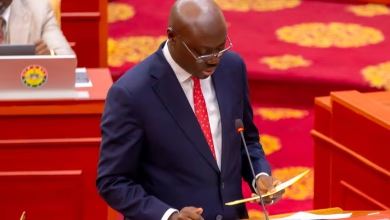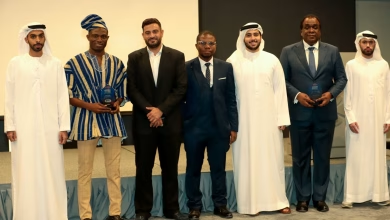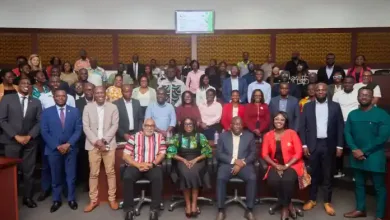Political Will: The Key to Combating Money Laundering in West Africa

- West African nations have struggled due to a lack of political engagement
- The forum also explored the transformative role of Artificial Intelligence
- The project aims to enhance resilience in West Africa
The fight against money laundering and terrorist financing in West Africa is heavily influenced by the political will and commitment demonstrated by governments at the highest levels.
Recent experiences in countries like Ghana and Nigeria have underscored the pivotal role of political leadership in driving effective implementation of the Financial Action Task Force (FATF) recommendations.
Benjamin Kyei Armoo, Chief Compliance Officer at GCB Bank, emphasized the importance of strong political commitment in Ghana’s successful exit from the FATF’s grey list.
In contrast, other West African nations have struggled due to a lack of political engagement, as noted by participants in an Afreximbank Compliance Forum in Senegal.
Felix Obiamalu, General Counsel of the Nigerian Financial Intelligence Unit, highlighted the serious implications of this disparity in political will for the region’s resilience against illicit financial flows and the stability of its financial systems.
He emphasized that without the backing of political leaders, efforts to combat money laundering and terrorist financing will always fall short.
The issue is particularly critical as West African nations grapple with the implications of the FATF’s revised Recommendation 24, which aims to prevent corporate structures from being misused for criminal purposes.
While Nigeria and Ghana have made significant progress, the lack of political commitment in other countries threatens to undermine the region’s collective efforts.
Mr. Armoo noted that political leadership is essential for effective compliance with FATF standards. He stressed the need for governments to empower institutions like GIABA to direct each country and ensure a consistent, regional approach to AML/CFT compliance.
The Afreximbank Compliance Forum, organized in partnership with GIABA, focused on the FATF’s requirements for identifying Ultimate Beneficial Owners (UBOs) and their implications for trade facilitation.
The forum also explored the transformative role of Artificial Intelligence (AI) in compliance processes and strategies for African countries to address the FATF’s grey list.
While some progress has been made in tax transparency and anti-money laundering efforts across Africa, the African Development Bank and GIABA have initiated a three-year project to combat money laundering and terrorism financing in their member countries.
The project aims to enhance resilience in West Africa by improving anti-money laundering and counter-terrorism financing regimes.
The Afreximbank Compliance Forum provided a platform for discussions on the FATF’s requirements, the role of AI in compliance, and strategies for addressing the grey list. It was sponsored by several banks and compliance system providers.






